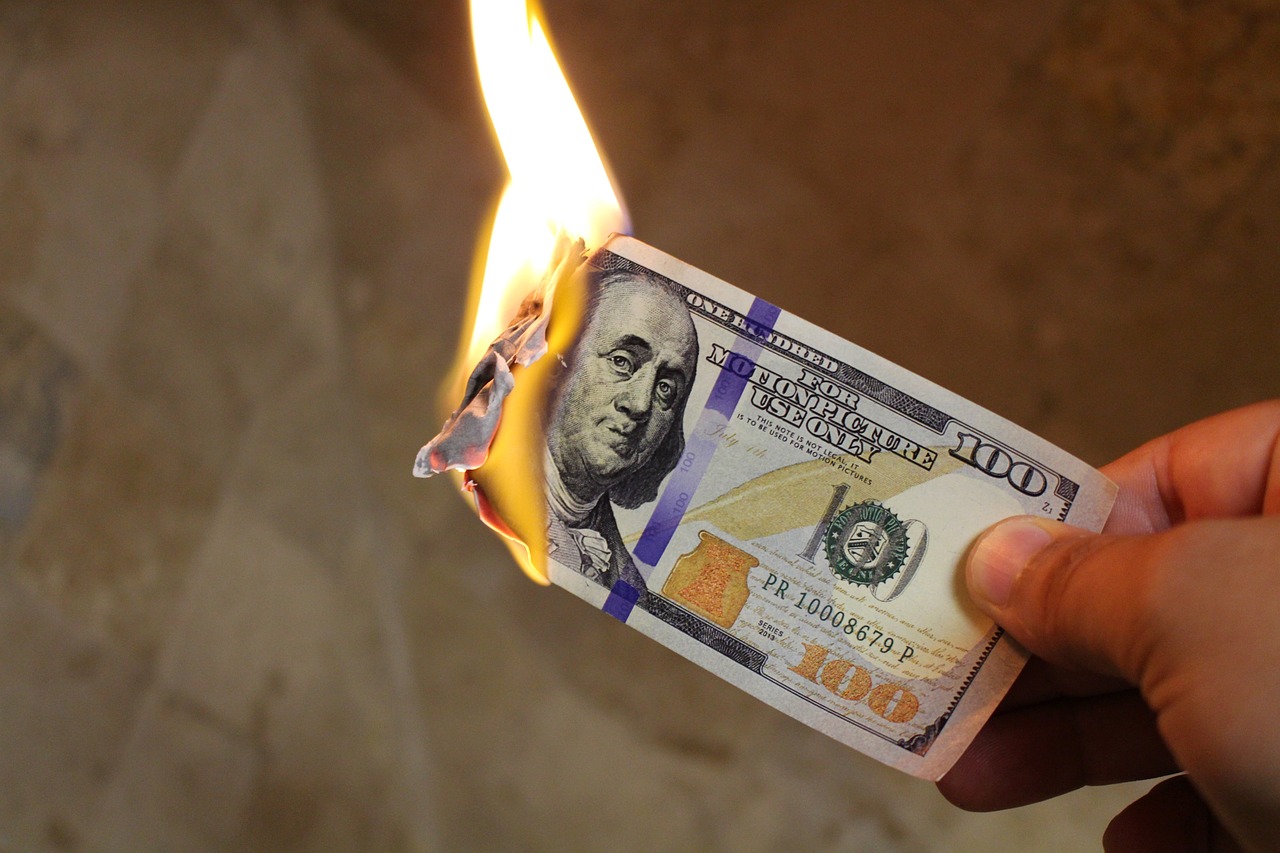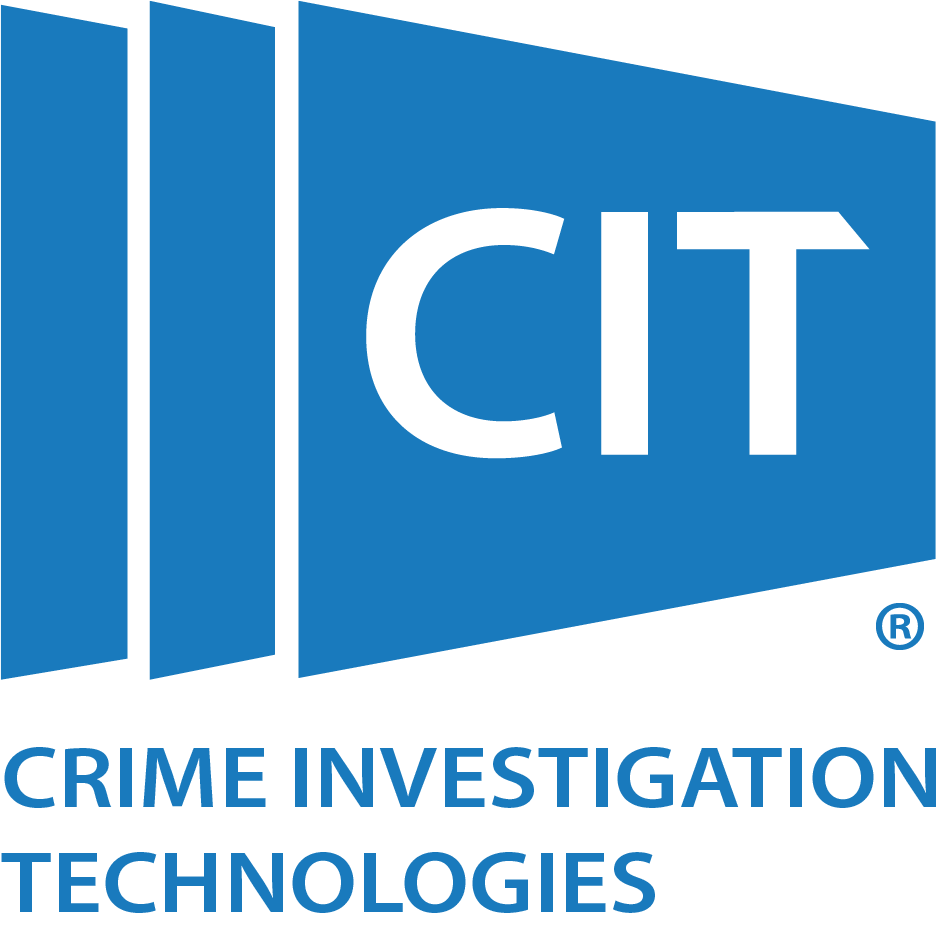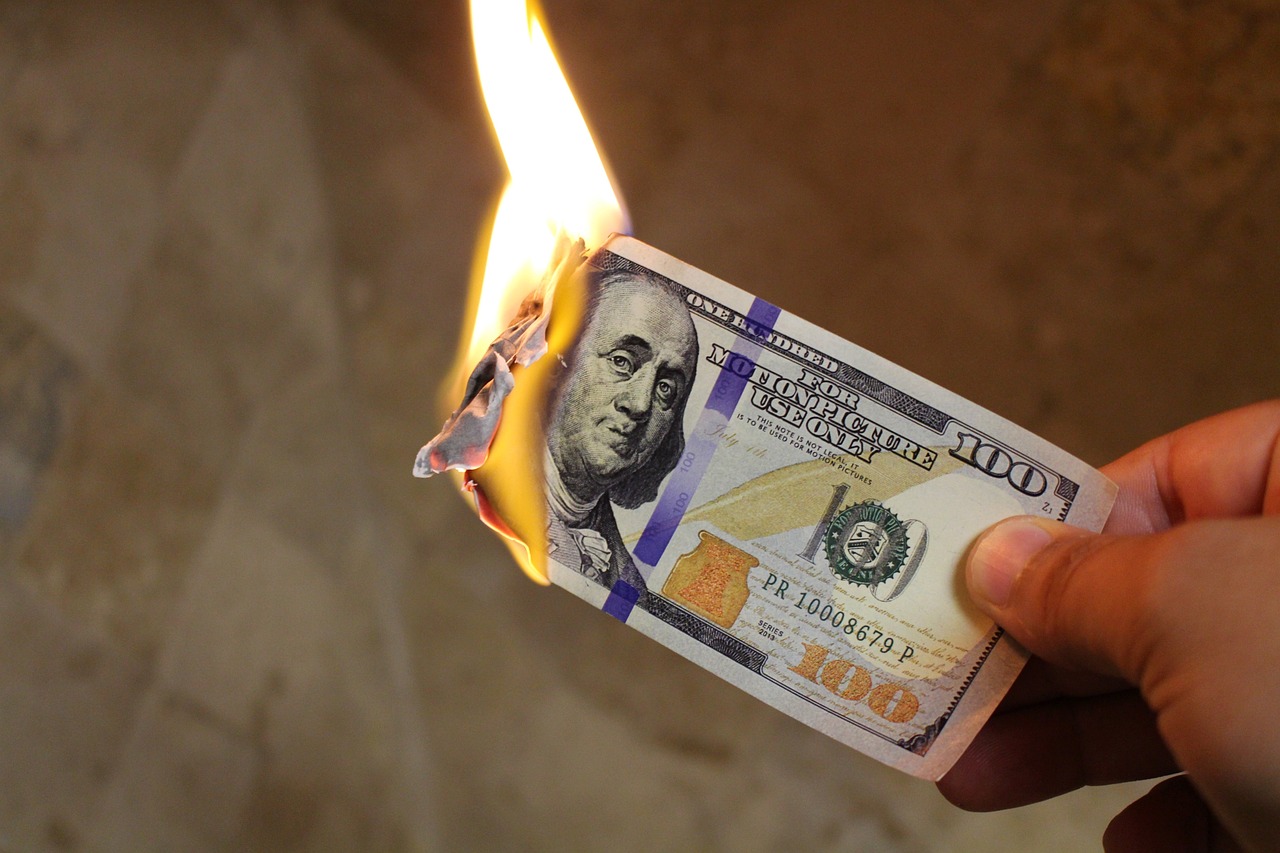- America’s Forgotten Terror Attacks - April 10, 2025
- The Hidden Link Between Real Estate and Organized Crime in the U.S. - April 10, 2025
- Organized Crime in the U.S. Postal System: An Unlikely Criminal Pipeline - April 10, 2025
Definition of White-Collar Crime

White-collar crime is a term used to describe non-violent, financially driven crimes that are primarily committed by individuals in business or government positions. These crimes often involve deceit and the violation of trust, which can have far-reaching effects on both individuals and the economy at large. Common examples of white-collar crime include fraud, embezzlement, insider trading, and money laundering. According to the Federal Bureau of Investigation (FBI), these crimes cost the U.S. economy around $300 billion annually. Imagine a city the size of Miami vanishing overnight—that’s the kind of economic void white-collar crimes can create.
Economic Impact

The economic impact of white-collar crime is nothing short of devastating. The Association of Certified Fraud Examiners (ACFE) has found that organizations lose about 5% of their revenue annually to fraud. This translates into a potential loss exceeding $4 trillion for U.S. businesses. Such losses can lead to job cuts, diminished consumer trust, and increased prices for goods and services. It’s like a domino effect where one piece falls, causing others to topple—all stemming from the initial fraudulent act.
Case Studies of Notable White-Collar Crimes
Several high-profile cases have brought white-collar crime into the spotlight. The Enron scandal, for instance, led to $74 billion in losses for shareholders and employees. Then there’s Bernie Madoff’s infamous Ponzi scheme, which defrauded investors of approximately $65 billion. These stories are more than just headlines; they serve as cautionary tales that highlight the severe consequences of white-collar crime on both individuals and the broader economy. They are grim reminders of the catastrophic potential when trust is broken.
The Psychological Toll on Victims

The psychological toll on victims of white-collar crime can be profound. Many who lose their life savings to fraud suffer from anxiety, depression, and a deep sense of betrayal. According to a study by the National Center for Victims of Crime, financial fraud victims report higher levels of emotional distress compared to victims of violent crimes. It’s akin to being caught in a storm without an umbrella—completely unprotected and overwhelmed by the situation.
Regulatory and Legal Framework
In the United States, a slew of laws and regulations have been put in place to combat white-collar crime. Notable among these are the Sarbanes-Oxley Act and the Dodd-Frank Wall Street Reform. These laws are designed to enhance transparency and accountability in financial reporting. However, enforcement remains a significant challenge, with many offenders receiving penalties that don’t match the severity of their crimes. It’s like building a fortress with a flimsy gate—strong on paper but weak in execution.
The Role of Technology

Technology plays a dual role in the realm of white-collar crime. On one hand, it has made it easier for criminals to perpetrate fraud through cybercrime and identity theft. On the other hand, technology provides powerful tools for detection and prevention, such as data analytics and artificial intelligence, which can help organizations identify suspicious activities. It’s a double-edged sword—offering both risks and solutions in the fight against white-collar crime.
Prevention Strategies for Businesses
To mitigate the risks associated with white-collar crime, businesses can adopt several prevention strategies. Regular audits, a robust internal control system, and a culture that promotes ethics and compliance are crucial. Training employees to recognize and report fraudulent activities is equally important. Think of it as building a strong defense line—each measure reinforcing the next to create a formidable barrier against potential threats.
The Role of Whistleblowers
Whistleblowers play an indispensable role in exposing white-collar crime. The Whistleblower Protection Act provides legal safeguards to encourage individuals to report fraudulent activities without fear of retaliation. High-profile whistleblower cases, like that of Sherron Watkins in the Enron scandal, underscore the importance of speaking out against unethical practices. They serve as modern-day heroes, shining a light on the dark corners of corporate corruption.
Public Awareness and Education

Raising public awareness about white-collar crime is crucial for its prevention. Educational initiatives can empower individuals to recognize fraud signs and understand their consumer rights. Organizations like the FBI and the ACFE offer resources and training to keep the public informed. Knowledge is power, and in this case, it serves as a shield against becoming a victim of white-collar crime.
Conclusion: The Ongoing Battle Against White-Collar Crime

White-collar crime continues to be a pervasive issue in America, with significant economic and psychological ramifications. While regulatory measures and technological advancements offer some hope, ongoing vigilance and public awareness are essential in combating these crimes. As society evolves, so too must our strategies for tackling white-collar crime, ensuring that trust and integrity remain cornerstones of our communities.




